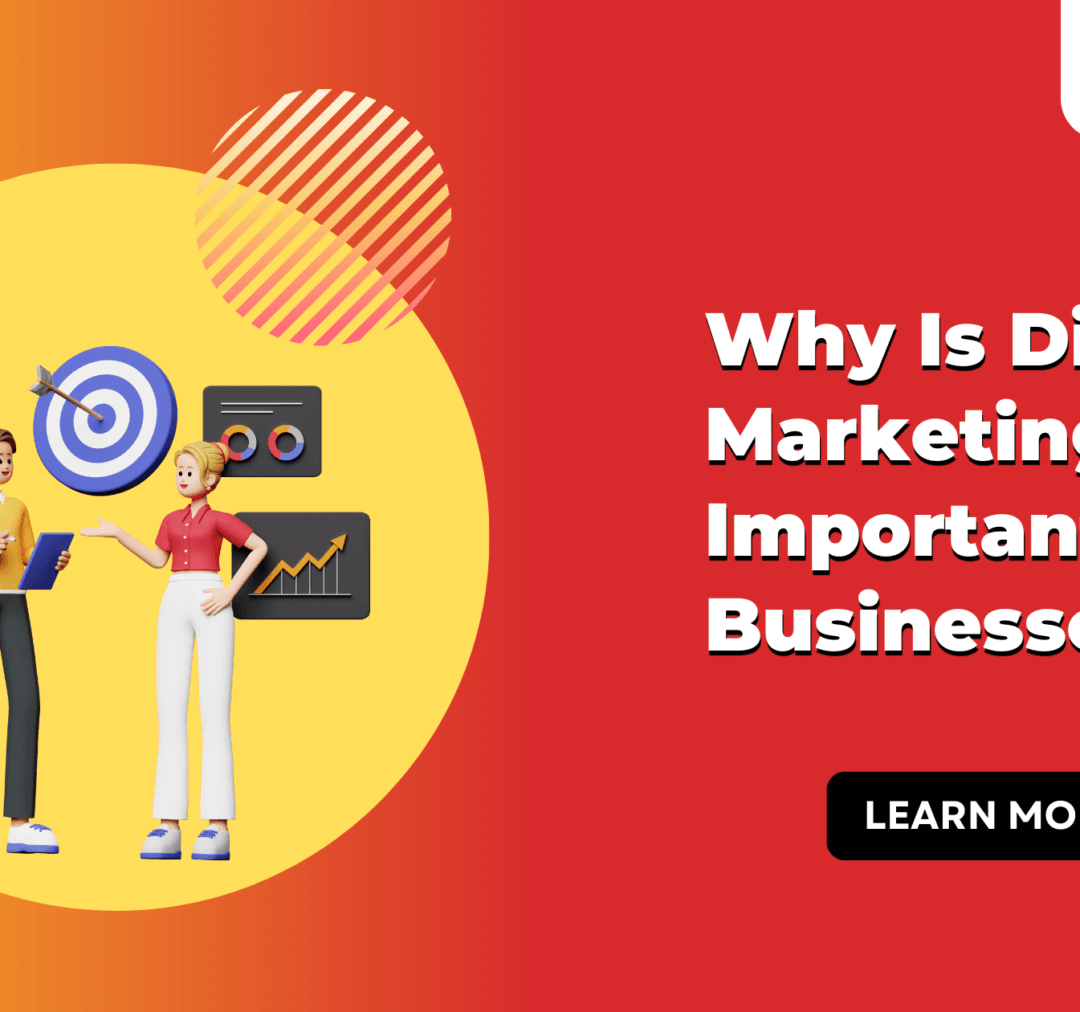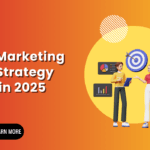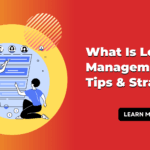In today’s fast-paced digital world, where almost every consumer is online, businesses can no longer afford to ignore the immense potential of digital marketing. As a digital marketing agency in India, we at Prashantji Services have seen firsthand how impactful this approach can be in driving growth and scaling businesses. We specialize in performance marketing services like Google Ads, Instagram Ads, and Facebook Ads, and we have been working in this field since 2019, spending over $2 million and generating around $8 million for our clients. But why is digital marketing important to businesses?
Understanding Digital Marketing
At its core, digital marketing is any marketing activity carried out online. It encompasses various strategies and platforms such as social media, search engines, email marketing, and websites to reach and engage potential customers. Whether you’re running targeted Google Ads or optimizing your website for SEO, these efforts fall under the umbrella of digital marketing.
Core Components of Digital Marketing
Digital marketing includes a wide array of tactics such as:
- SEO (Search Engine Optimization)
- PPC (Pay-Per-Click) Advertising
- Social Media Marketing (SMM)
- Email Marketing
- Content Marketing
The Importance of Digital Marketing for Businesses

1. Broader Geographic Reach
Digital marketing breaks down geographic barriers, allowing businesses to connect with audiences worldwide. This global reach provides opportunities to engage with customers across different regions, significantly expanding market potential and creating new avenues for business growth and success.
2. Precise Audience Targeting
Digital platforms such as Google and Facebook enable precise targeting based on demographics, interests, and behaviours. This targeted approach ensures that marketing messages reach the most relevant audience, optimizing conversion rates and minimizing wasted ad spend.
3. Cost-Effective Advertising
Compared to traditional marketing, digital marketing is a more cost-effective technique to reach a broad audience. With tools like PPC advertising, businesses can control budgets, ensuring every dollar spent is geared toward measurable results and improved ROI.
4. Measurable Results and Analytics
One of digital marketing’s primary assets is its ability to track performance using analytics. Businesses can track customer behavior, campaign success, and ROI in real-time, allowing for data-driven decisions and optimizing future marketing strategies.
5. Enhanced Customer Engagement
Digital marketing enables real-time interaction with customers through social media, emails, and websites. Businesses can respond to customer queries, gather feedback, and foster strong relationships, ultimately improving brand loyalty and customer retention
Key Benefits of Digital Marketing
- Lower Advertising Costs: Digital marketing allows businesses to start campaigns with minimal investment, making it accessible for small businesses to test various strategies affordably.
- Scalable Campaigns: Campaigns can be easily scaled based on performance, allowing businesses to allocate more resources to successful strategies for maximum ROI.
- Real-Time Data Insights: Tools like Google Analytics provide real-time data on user behavior and campaign performance, enabling timely adjustments for better outcomes.
- Targeted Marketing: Digital marketing allows businesses to hyper-target specific audiences, increasing the likelihood of reaching potential customers with relevant content.
- Improved Customer Engagement: Real-time interaction via social media and content marketing builds strong customer relationships, fostering trust and improving brand loyalty.
Performance Marketing and Its Impact
1. Google Ads as a Primary Tool
When discussing performance marketing, Google Ads is a key tool for businesses aiming to increase their online visibility. By bidding on relevant keywords, companies can appear in front of their target audience when they are actively searching for products or services, driving highly qualified traffic to their website.
2. Social Media Marketing: Instagram & Facebook Ads
We can’t ignore the power of social media, especially platforms like Instagram and Facebook. Both platforms allow businesses to run highly targeted ad campaigns to engage users in a visually appealing way. For many businesses, social media ads are vital in connecting with younger, tech-savvy audiences.
Why SEO is Essential for Business Growth?
1. The Function of SEO in Digital Marketing
One of the most valuable assets in any digital marketing strategy is Search Engine Optimization (SEO).SEO enhances a business’s visibility in organic search results, making it more accessible to potential customers searching online. By improving search rankings, it helps businesses attract relevant traffic and ensures their brand is easier to discover by users actively seeking their products or services.
2. Boosting Brand Visibility with SEO
When businesses invest in SEO, they ensure that they stay top of mind for their target audience. A well-executed SEO plan can result in greater search engine ranks, increased organic traffic, and less expensive paid advertising.
FAQs
Q1. Why is digital marketing important for small businesses?
Ans: Digital marketing provides small businesses with cost-effective ways to reach a wider audience and compete with larger companies on a global scale.
Q2. How does SEO fit into digital marketing strategies?
Ans: SEO is a critical component of digital marketing that helps improve a business’s organic search rankings, driving more traffic and increasing visibility.
Q3. What are some common challenges in digital marketing?
Ans: Some challenges include navigating a competitive landscape, keeping up with algorithm changes, and staying updated on the latest trends.
Q4. Is digital marketing better than traditional marketing?
Ans: While traditional marketing still has its place, digital marketing is often more cost-effective, measurable, and targeted, making it more suitable for today’s businesses.
Q5. How do I measure success in digital marketing?
Ans: Success in digital marketing can be measured using KPIs like website traffic, conversion rates, and return on investment (ROI).








